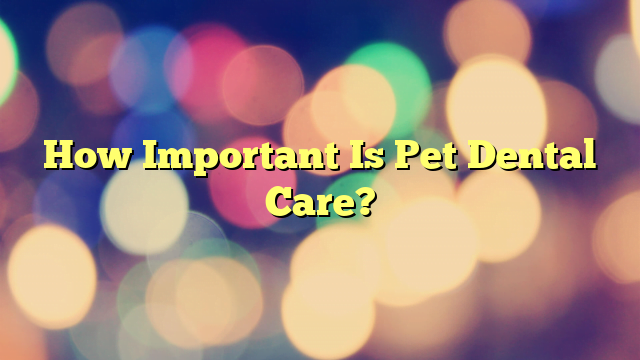Going Back To Before-Bedtime Oral Care Wisdom
Going Back To Before-Bedtime Oral Care Wisdom
Your mouth is most vulnerable when you sleep. This is because your metabolism slows down and saliva flow decreases. As a result, bad bacteria can multiply, your mouth can go dry, it can become inflamed, develop plaque, cavities and tartar, have gingivitis and many other oral problems. That’s why it is important to have proper preventative oral care before we sleep. Here are some tips on how to protect your mouth throughout the night:
Brush Before Going to Bed. You should make it a habit to clean your teeth every night before your sleep. This helps in protecting the build-up of plaque, tooth decay and prevent gum disease. For those who are prone to cavities and gum disease, it is recommended that they brush their teeth right after dinner. A gentle short stroke brush in a back and forth motion is the best. Use the tip of your toothbrush to clean the backs of your front teeth. Gently stroke up and down until it’s clean. Brush the outer tooth surfaces first then the inner tooth surfaces second, the chewing surfaces after. Compared to a regular toothbrush, the electric toothbrush is more efficient in removing plaque from your teeth. The reason for this is the rotating and oscillating movement of the electric toothbrush head. That’s why it is best to switch to an electric toothbrush. It’s an option that’s easy to use, easy to hold and a head that can do the rotating and oscillating motion for optimum cleansing.
Don’t Forget to Floss. Isn’t brushing enough? Well, that’s a big NO. Sugar, starches and other food particles can hide between your teeth. If left there, bacteria will multiply as you sleep — contributing to the stinky odor we call “morning breath” when we wake up. Sugar and starches are also dangerous if they remain between your teeth since it can break down the tooth enamel. The reason for this is that sugar and starch contributes to forming acids that erode the enamel of our teeth. While they are still new and soft in your teeth, you should get rid of them by flossing. It would be much harder to get rid of it if the debris has been there for days. It will harden and can turn into plaque or tartar. The best time to floss is at night time, hours or minutes before you sleep. But if you are one of those people that have gum disease or can easily buildup tartar, dentists advice that you floss twice a day.
Rinse with Mouthwash. There are two types of mouthwashes — therapeutic and cosmetic. Cosmetic mouthwashes are the ones you see in most commercials. These mouthwashes are designed to mask your bad breath but they don’t help your oral health at all. Therapeutic mouthwashes on the other hand have special contents that are designed to help treat oral health conditions and strengthen teeth. Rinse a therapeutic mouthwash before going to sleep. This will keep your gums free from gingivitis, your teeth free of cavities and plaque and your mouth feeling fresh. Before picking a therapeutic mouthwash, consult your dentist first to know which is right for you.
Be Aware with Teeth Grinding. Increasing tooth sensitivity, cheek tissue that are torn and worn tooth enamel — these are some signs that you may actually be grinding your teeth as you sleep. If you have one of these signs, you should visit your dentist and ask make a mouth guard. Dentists can’t stop you from grinding your teeth when you sleep, so the next best thing is having a mouth guard to use to protect your teeth.
Drink Water. Drinking plenty of water before sleeping is essential in washing away oral acid and bacteria. It also helps avoid mouth dryness, thus, reducing the risk of bacteria multiplying as you sleep. Lack of saliva can also be a problem since it may leave you thirsty while you sleep. That’s why drinking a significant amount of water, not just before sleeping but throughout the day, can help with your oral health.
Visit the Dentist. You should make sure to regularly visit your dentist for checkups and cleanings. They can help you know what and what not to do for preventive care and maintenance of your oral health. As the old adage says, prevention is better than cure — visiting your dentist regularly can most certainly do that.


